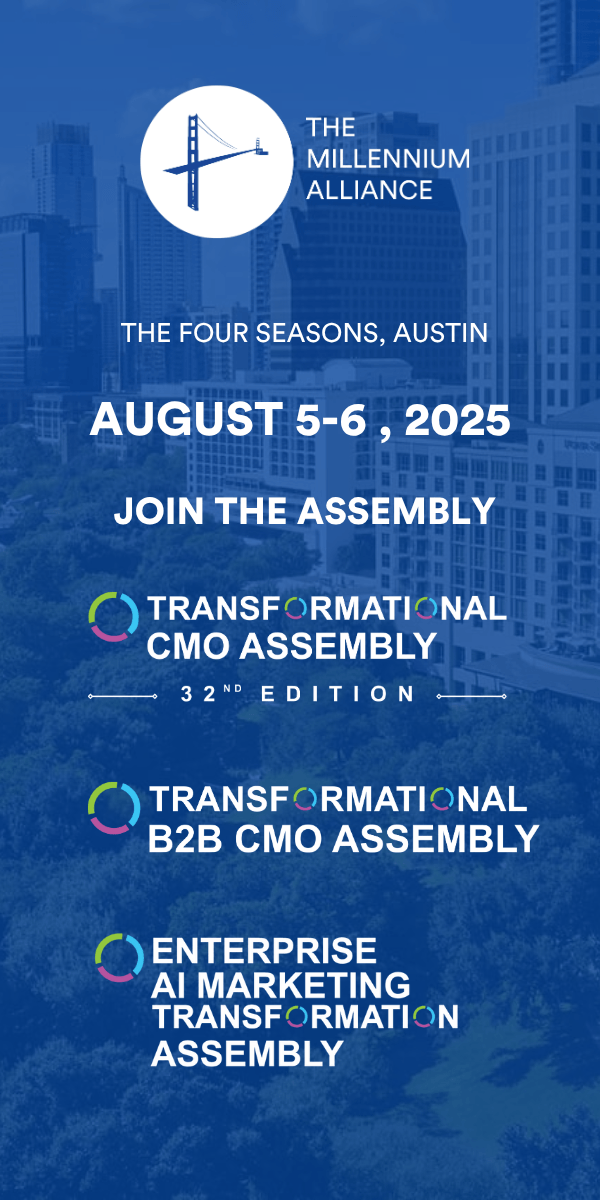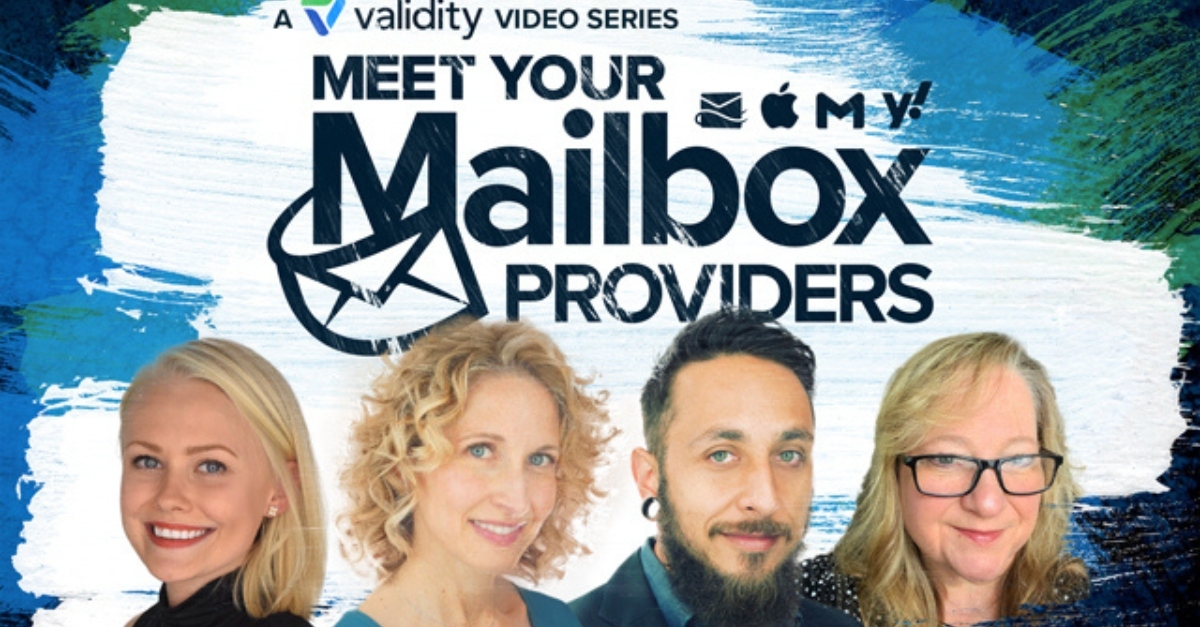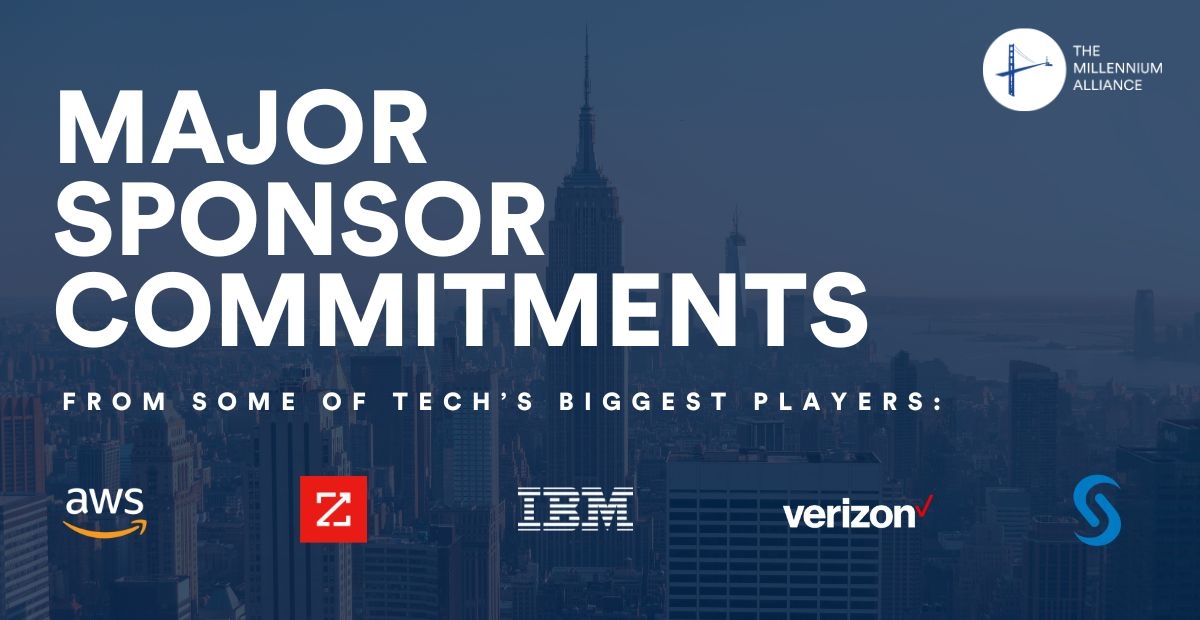As originally published by David Sable on Linkedin. Subscribe to the newsletter!
In my view, this is one of the most important COVID recovery questions of the day. In fact, it’s my belief that the future of many companies will be determined by the answer to this very question. Needless to say, there are proponents on both sides, with those against returning seriously believing that theirs is a vision of the digital future here, today, in our accelerated now.
My loyal readers have no doubt picked up my cynicism, (as I’m sure others have too), as I once again lean into what I consider misguided DIGIBABBLE—this time manifesting in the widespread rejection of in-person work, judging it irrelevant, old-fashioned and out-of-touch.
That being said, I will agree, unequivocally and enthusiastically, that offices, corporate cultures and work practices are often, well, irrelevant, old-fashioned and out of touch.
Hold that thought.
Let’s return to the basic question at hand: should we go back to the office?
To begin with, I find it hard to reconcile the huge pent-up, ready-to-burst need we all have to see and be seen—to eat at restaurants with friends, to go shopping in stores and malls (yes, even malls), to go to the movies, concerts, sports events and parks.
And yet, we can’t go to our own offices to see our colleagues…to collaborate, to share, to allow for the serendipity of someone else’s experience affecting our own, to help build a culture and to be inspired, maybe, in a different way.
KNEE JERK ALERT—I support the hybrid work ecosystem, a mix of home and office, different work hours/days than in the past and a new way of looking at balance and how we support our fellow workers. What I can’t understand is companies who tell their employees that they have no need of ever returning to the office and then opine on how much more efficient it is to have everyone remote—how truly transformative, cutting-edge and digital-forward it is.
If I were a shareholder in such a company, I’d be seriously concerned. Look, I get that there are big infrastructure savings possibilities. And no doubt, it feels good to look back at a year that could have been a disaster and seeing revenue shortfalls (for many), but big increases in profit (for many of the same), and projecting that out into the future.
It’s short-term thinking, in my book, as your competitors organize around people. And the people organize around clients and tasks, and most importantly, around each other.
Efficiency has many measurements, and as I have written before, an increase in personal output doesn’t always equate to group success. So, for example as Microsoft experimented, a team of software engineers might write way more code at home, but the team that stayed in the office brought more products to market.
My bet is that the next “disruption” will come from a group working together in a garage somewhere or maybe a dorm room…a return to the basic past. It’s a scenario we know well, while the fully remote team is still efficiently cranking code.
It’s also time to pony up and admit to the inequity of remote. For example, it is unfair to working moms, single or in a relationship, no matter how woke we think we are in telling them to stay home.
The real issue, (if you have been holding onto my thought from the beginning of this article), is the office itself. The spiritual and physical aspects of it. The atmosphere and the environment. The look and feel. The amenities or lack of them.
Making it all worse is that many companies think the answer to hybrid is to out WeWork it all, with hot desking and smaller personal space. Just bring your laptop. No need even for a locker anymore…what for? This isn’t really your space, anyway. Come in when you are needed, whenever that is, and the rest of the time work from home or wherever you want.
Let me ask you: who wants to come back to that? I might as well stay at home. At least it’s warm and welcoming.
Here are my ten thoughts for why you need to demand a hybrid return to work, and what companies need to do to make it worth your while:
- The most successful teams are built with more “We’s” than “I’s.” Remote-only is more “I” than “We.”
- Serendipity has driven more innovation and creativity than just about anything. Remote reduces your exposure to serendipitous meetings and discussions.
- Working only from home is a silo—I don’t care how many Zoom calls you make a day (and by the way, even Zoom is tired of Zoom.)
- Working only from home exposes new inequities.
- Let me have my own space: no hoteling or hot desking. When I come in, I want to know where I sit, see my pictures on the desk and my hand creme in the drawer. A place where my colleagues know to find me and my clients will recognize in Zoom.
- Create space for my team: a place we recognize and is configured for our needs. Make it all expandable or contractable as we need, but at its core it should be ours.
- Make it clear that coming in is an important need. It’s a commitment to the company, colleagues and your own future. And make it worth my while.
- Be clear about days and hours. Be clear about expectations.
- Help with the commute. Are trains safe? Can I get a bicycle allowance?
- Plan great in-person, safe events—after all, we go to them outside of the office!
Above all, be consistent and transparent. Stop measuring reams of paper produced and look at the long-term health and viability of your brand and your people.
We praise the retail hybrid model. We marvel that folks are going back to restaurants. We wait in line for sports events. Our offices should be no different.
It’s all about people. People First. People Last. And People in the Middle.
Listen to one of the former stars of Saturday Night Live:
“Find a group of people who challenge and inspire you, spend a lot of time with them, and it will change your life” –Amy Poehler
Should we return?
I VOTE YES. It’s imperative for our personal growth, our mental health and the stability of our relationships.
And for the companies we work for? I’d bet it’s critical for their competitive future. Only time will tell, but my cloudy crystal ball is unusually clear on this one.














